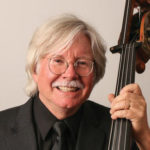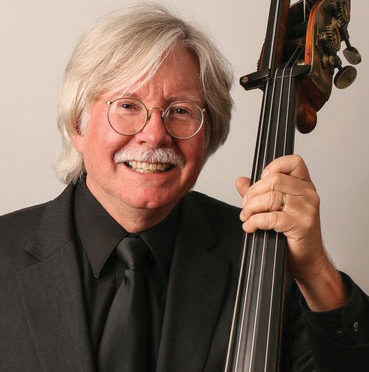 by John Michael Smith, ROPA President and Member of Local 30-73
by John Michael Smith, ROPA President and Member of Local 30-73
(St. Paul-Minneapolis, MN)
The Regional Orchestra Players’ Association will hold its 34th annual conference in Portland, Oregon, July 31-August 2. The conference will be held at University Place Hotel & Conference Center, on the campus of Portland State University. Our conference will feature presentations on a variety of subjects of interest to our members, including hearing wellness, sexual harassment, performance anxiety, and diversity and inclusiveness in our orchestras, opera, and ballet companies.
ROPA is one of three AFM symphonic player conferences, along with the International Conference of Symphony and Opera Musicians (ICSOM) and the Organization of Canadian Symphony Musicians (OCSM). These three AFM player conferences work closely with the AFM’s Symphonic Services Division (SSD). Throughout the year, representatives of these player conferences meet and communicate with SSD staff in person, by email, and through phone conference calls to discuss issues and topics of mutual interest.
ROPA, ICSOM, and OCSM, together with the Theater Musicians’ Association (TMA) and the Recording Musicians’ Association (RMA), comprise the player conferences of the AFM. The leaders of each of these player conferences comprise the Player Conferences Council (PCC). This council periodically discusses issues of mutual importance among our conferences. In years when there is no AFM Convention, we meet together with representatives of the Locals’ Conferences Council (LCC) to address topics and issues.
It is important to note that each player conference usually sends a representative to address and attend the other player conferences’ annual meetings. This is especially true of the three symphonic player conferences. SSD staff members attend each of the symphonic player conferences and do presentations on important current topics. The AFM president, other AFM officers, and members of the AFM International Executive Board (IEB) may also attend the player conference annual meetings.
Along with ICSOM, AFM, and SSD staff, ROPA participates in the negotiation of national agreements that directly affect our members, such as the current negotiations for the Integrated Media Agreement. ROPA has an Emergency Relief Fund maintained and administered by a board of trustees made up of the AFM international secretary-treasurer, the ROPA president and treasurer, and two additional trustees selected by the IEB. The fund provides financial assistance loans to musicians in orchestras who are involved in strikes or lockouts. ROPA, ICSOM, and OCSM also have a relationship with conductor evaluations, providing information for search committees of orchestras looking for conductors or music directors. Each player conference has its own database, but shares files with the other player conferences upon request.
ROPA, ICSOM, and SSD staff frequently provide educational programs for musicians new to the AFM and the symphonic field, such as the fellows of New World Symphony. ROPA and ICSOM have participated at the Sphinx Organization’s SphinxConnect, where the focus is diversity action and leadership in our orchestras. ROPA and ICSOM representatives often attend the League of American Orchestras national conferences.
ROPA publishes its quarterly newsletter The Leading Tone both in print and electronically. This publication goes to musicians in our member orchestras, other player conference musicians, AFM locals, and others by subscription. ROPA has a website (ropaweb.org), a Facebook page, and is developing other social media pages. ROPA and the other player conferences have email discussion lists, with general lists for members of orchestras, locals, and others interested in topics of common interest to the player conference. Each of the player conferences may permit members of other player conferences to access their general lists.
The Player Conferences of the AFM, the Symphonic Services Division, and the AFM are working every day, side by side on the missions and goals for our musicians,
our orchestras, and our union. We are stronger together!


